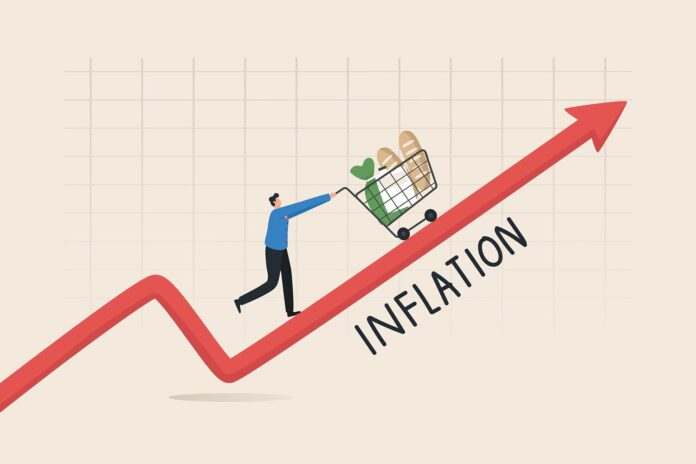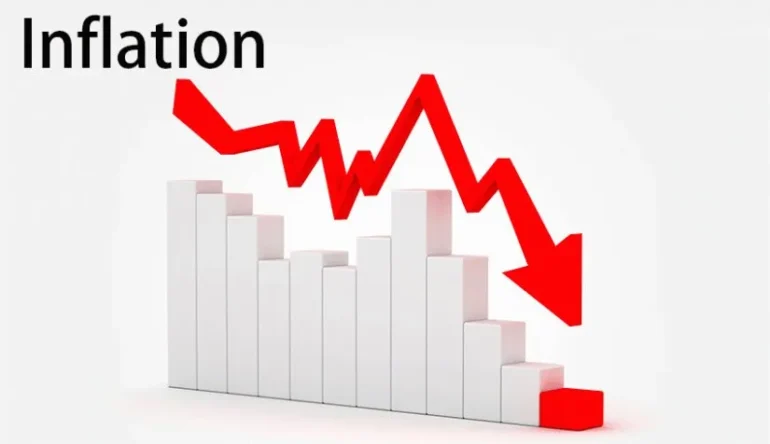The Nigerian government plans to double the Value Added Tax (VAT) rate from 7.5% to 15% by 2027, according to an Economist Intelligence Unit (EIU) Country Report just released.
The increase in VAT is to finance the government’s fiscal deficits and debt and other social services.
In the EIU report, the deficit is projected to reach 5% of Gross Domestic Product (GDP) in 2024, slightly more than the 2023 estimates. It may average 4.5% of GDP annually from 2025 to 2028, passing the legal limit of 3% of GDP, signaling a relaxed fiscal policy period for the country.
For the foreign exchange (FX) regime, the EIU predicts the Naira to weaken to N2,381 against the dollar, with a difference of 5% to 15% compared to the parallel market.
High inflation, deficit monetization, negative short-term real interest rates, low foreign reserves, and a backlog of foreign exchange orders are likely to continue affecting confidence in the Naira, despite a 45% devaluation since February. The report suggests that traders will remain edgy about possible new government currency control regulations, although another devaluation step is not likely.
The report projects Nigeria will borrow more to shore up our foreign reserves which will help stabilize the Naira towards the end of 2024. However, it notes that if the Central Bank of Nigeria (CBN) enforces more stringent monetary policies than expected, the Naira could strengthen, considering its undervaluation.
The EIU forecasts a further 100 basis points increase in the Monetary Policy Rate (MPR) from the Central Bank to 23.75% if deficit monetization and imported inflation continues. Nevertheless, the report doubts the CBN’s will sustain a positive real short-term interest rate, saying there could be political costs to that with rising unemployment.
Concerning inflation, the report predicts an average of 30.3% in 2024, attributing it to VAT increase above, continued insecurity in the agricultural belt of Nigeria affecting food prices, infrastructure deficits, fiscal deficit monetization, currency depreciation, and inflation bias in economic policymaking.
Also, EIU projects a decline in real GDP growth from 2.9% in 2023 to 2.5% in 2024, resulting in continued stagnation in GDP per capita.
The Economist Intelligence Unit (EIU) is the research and analysis division of the Economist Group, providing forecasting and advisory services through research and analysis.
Please Like 👍, Comment, Share & Follow us on our social media handles.








